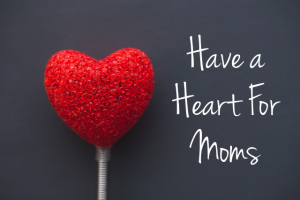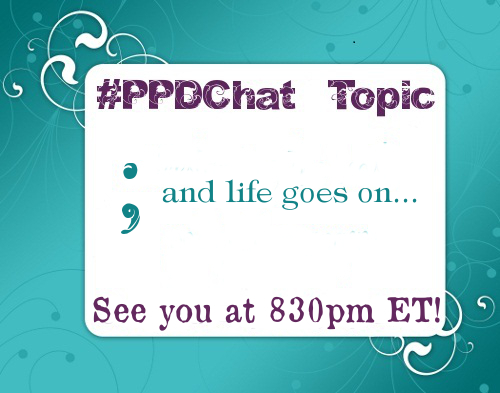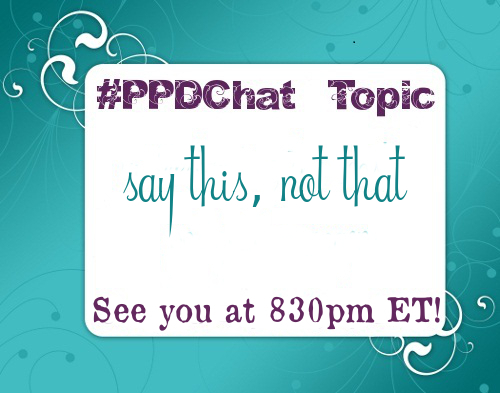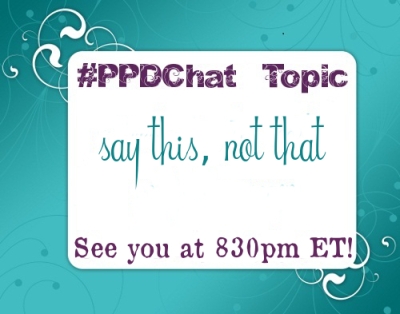When I was younger I foolishly believed in fairy tales, in the happy every after. Boy meets girl, they fall in love, animals sing, dwarfs get all ga ga, and well, happily ever after, right? Wrong.
In between, there’s housework, there is the daily mundane, the impossibly difficult discussions, the little things, the actual WORK required to make the happily ever after happen. You know, stuff which doesn’t fit neatly into a Disney movie and is over-dramatized in their sitcoms accented with a cheesy laugh reel.
Life isn’t some sitcom. It’s not a Disney fairy tale either. It is somewhere in between, it is not easy, and it requires work. Most of all, it requires intimacy, patience, trust, and the willingness to talk the hard stuff through without jumping to conclusions. It means listening instead of deciding what you’re going to say next. A partnership, a marriage.. it’s not about the day you say “I do”…it’s about all the days after.
The next time you see a couple who appears to have it all together, remind yourself you are only seeing a slice of their life. Do not compare yourself or your relationship to what they have. I used this example a few weeks ago – the story of the ugly duckling – he started out completely different from his siblings but ended up being the most beautiful and graceful creature of them all. It is also a perfect analogy for relationships. In my experience, people who have been through a lot together (and survived) have the strongest relationships.
Over the past few years through my work as a peer support advocate for women and families struggling with Perinatal Mood Disorders, I have had the deep honor of getting to peek behind the curtain of some of the most amazing people I have ever “met”. I say “met” with quotations because most of them I have only had the pleasure of talking to on through a digital medium.
This work, this advocacy, has not only allowed me to enable others to move forward with their lives through the boulder of Perinatal Mood & Anxiety Disorders but it has also taught me quite a bit about love and relationships. You see, when you are supporting a family through a PMAD episode, you have to be aware of everything going on in their life because every little thing matters. Is she getting enough support at home? Is he sleeping okay? Does he have support too? How’s work going? Are the in-laws a source of stress? Are they communicating? Are they sharing the care responsibilities? Are they taking time for each other as a couple? There are a lot of little nuances which can add up to an explanation of why she’s had a bad week or why he seems a little snippy. These are the things which must be teased out to empower a couple to communicate and move past the potholes before they become sinkholes.
In no particular order, the following are things I believe empower a strong and successful relationship. They are things I strive to do in my current relationship and don’t ever intend to stop doing:
1) Listen. I don’t mean nod your head and “uh huh” at every little thing your partner says. No. I mean actually listen. Follow the conversation, ask questions, repeat things back. Validate their feelings, their concerns, make them heard. You would expect the same from them, yes? Everyone wants to be heard, deserves to be heard and this is particularly true with your partner.
2) Check in with your partner on a daily basis. Sure, ask them how their day went but dive deeper and ask pertinent questions beyond the surface. Get them talking abut their interests or offer to listen as they vent a problem they’re having at work.
3) Hold hands just because. Holding hands has got to be one of the most intimate things you can do with a person. I’m serious! It’s a quiet yet sweet way to let them know you care and you want to be near them. I adore holding hands and it means the world to me to be able to just sit and hold hands as we watch TV.
4) Discuss serious issues like adults. I don’t mean rage at each other, yelling and screaming. I mean sit down, and in a calm, rational voice, state your side of the situation, and then listen to your partner state his side of the decision. Sometimes you may need to wait until you both calm down. Work together instead of against each other to solve problems. You are both on the same team, here. I realize this is easier said than done but when both of you are capable of this it truly is a beautiful thing, trust me. (this is where checking in with each other comes in handy because there are less likely to be blow ups if you are actually communicating to begin with!)
5) Go on a date with each other. It doesn’t have to be ritzy, heck, it doesn’t even have to qualify as a “date”. Just spending time alone, the two of you, is great. You may have kids now but that doesn’t mean you are *just* a mom & dad. You are still the people you were when you fell in love. Nurture that, celebrate it, and don’t ever lose sight of yourselves as a happy, giddy couple madly in love with each other.
6) Surprise each other with little romantic gestures. These things are cheesy but they work. Texts, notes in work bags, mailed cards. I had to travel last summer and I left a well-planned scavenger hunt for my boyfriend at our condo while I was gone. All the clues were in a coupon holder with the dates written on the outside of the envelope. I had a blast planning it and he enjoyed all the little mementos. It really is the little things which matter in the long run.
7) Laugh together, often. Laughter really is the best medicine and if you can’t be utterly ridiculous with the one you’re with? Then you’re in trouble. It’s good for the heart, the soul, the abs, and your relationship.
8) Try new things together. Chances are you’ll both be nervous but it’ll be a bonding experience and hopefully one you’ll never forget. Just make sure you wear all the proper safety gear if you decide to leap out of a plane.
9) Give each other your own space. Know who you are and respect the person your partner is by allowing him/her to indulge in his/her interests without guilt. There is the potential for abuse of this (ie, someone hogging all the alone time and not allowing their partner to have their fair share). Love should never demand someone change their interests or who they really are just to be accepted. Love is about finding someone who is amazing and accepting them for WHO THEY ARE right then and there, not the person you plan on molding them to be.
10) Love with wild abandon. There’s no other way to love the person you are with than deeply. Love so hard your heart hurts and aches and you can’t wait to jump into their arms when they get home from work. Fall in love with them all over again every day for no reason at all than the fact that they love you right back.
Am I saying that if you do all of these things you’ll have the perfect relationship? No. Because not all of us are built the same and some of us need different things from a relationship. But for me? This is it. This is my list. Some of it may work for you, the whole thing possibly.
Underlying all of this, however, is the definitive need to communicate because without communicating, you may as well build a house without a foundation in the Everglades and just wait for the whole thing to sink beneath the swamp. And that’s not getting you anywhere but in a gator’s belly.
 This week’s #PPDChat topic, Have a Heart for Moms, is meant to flow throughout the week. We will have chat tonight, but it’s more of an inspirational chat meant to share motivation and uplifting mementos, quotes, or photos with new moms who may be struggling.
This week’s #PPDChat topic, Have a Heart for Moms, is meant to flow throughout the week. We will have chat tonight, but it’s more of an inspirational chat meant to share motivation and uplifting mementos, quotes, or photos with new moms who may be struggling.



